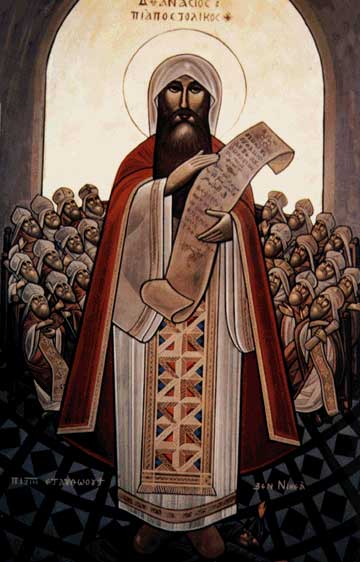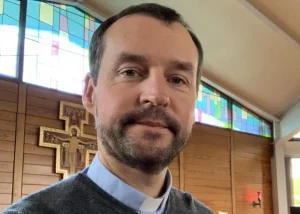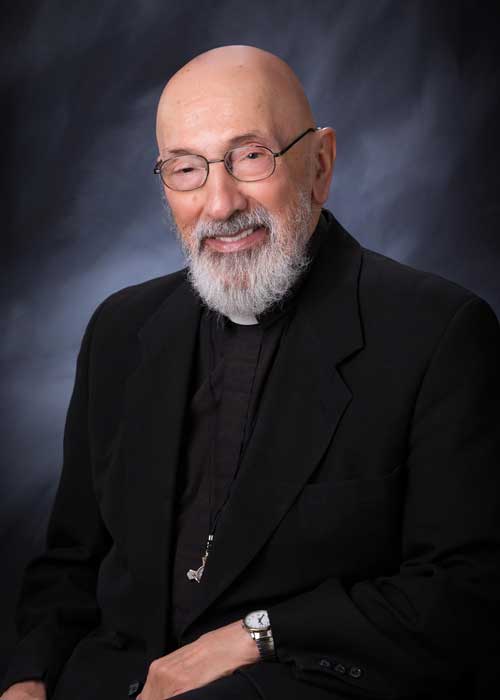Podcast: Play in new window | Download (Duration: 33:08 — 22.9MB) | Embed
Subscribe: Apple Podcasts | Spotify | Amazon Music | Android | Pandora | iHeartRadio | JioSaavn | Podchaser | Gaana | Podcast Index | Email | TuneIn | Deezer | Anghami | RSS | More
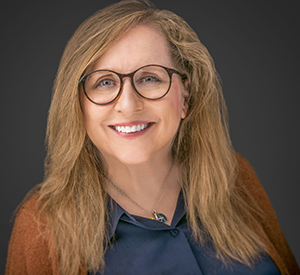
All Shall Be Well: A Journey Through Julian of Norwich’s Revelations of Divine Love with Kris McGregor
Episode Two: The First Shewing — Love Poured Out and the Mystery of the Trinity
Summary:
In this second episode, we enter into Julian’s First Shewing—a profound vision of Christ’s Passion that opens us to the mystery of the Trinity, the role of Our Lady, and the enduring love of God that holds all creation in being. Set against the backdrop of a suffering world, Julian’s revelations center not on fear or judgment, but on the intimate mercy of a God who bleeds, who nurtures, and who encloses the soul in divine goodness. This episode explores the mystical and theological depths of Julian’s experience through Scripture, contemplative reflection, and Julian’s own words.
For other episodes in this series visit: All Shall Be Well: A Journey Through Julian of Norwich’s Revelations of Divine Love with Kris McGregor
Full Julian of Norwich Quotations Used in Episode 2: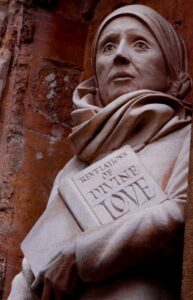
From Revelations of Divine Love, Long Text, Chapters IV–VII, trans. Grace Warrack, Methuen & Co., 1901 (PDF edition).
The Blood from the Crown — A Vision of Love in Suffering
“And in this suddenly I saw the red blood trickle down from under the garland, hot and freshly and right plenteously, as it were in the time of His Passion when the garland of thorns was pressed on His blessed head. It was as though He had just been crowned, and it seemed to me that He was still bleeding now—as if it had never ceased, and would never cease—until all creation is healed by that love.” (Ch. IV)
The Trinity — Love Without Beginning or End
“And in the same Shewing suddenly the Trinity fulfilled my heart most of joy. And so I understood it shall be in heaven without end to all that shall come there. For the Trinity is God: God is the Trinity; the Trinity is our Maker and Keeper, the Trinity is our everlasting love and everlasting joy and bliss, by our Lord Jesus Christ.” (Ch. IV)
Our Lady — The Humility and Glory of Mary
“In this Shewing He brought our blessed Lady to my understanding. I saw her ghostly, in bodily likeness: a simple maid and a meek, young of age and little waxen above a child, in the stature that she was when she conceived. Also God shewed in part the wisdom and the truth of her soul: wherein I understood the reverent beholding in which she beheld her God and Maker, marvelling with great reverence that He would be born of her that was a simple creature of His making… She is more than all that God made beneath her in worthiness and grace; for above her is nothing that is made but the blessed Manhood of Christ.” (Ch. IV)
“And [it was] to learn us this, as to mine understanding, [that] our Lord God shewed our Lady Saint Mary in the same time: that is to say, the high Wisdom and Truth she had in beholding of her Maker so great, so holy, so mighty, and so good. This greatness and this nobleness of the beholding of God fulfilled her with reverent dread, and withal she saw herself so little and so low, so simple and so poor, in regard of her Lord God, that this reverent dread fulfilled her with meekness. And thus, by this ground [of meekness] she was fulfilled with grace and with all manner of virtues, and overpasseth all creatures.” (Ch. VII)
The Hazelnut and the Hiddenness of God
“Also in this He shewed me a little thing, the quantity of an hazel-nut, in the palm of my hand; and it was as round as a ball. I looked thereupon with eye of my understanding, and thought: What may this be? And it was answered generally thus: It is all that is made. I marvelled how it might last, for methought it might suddenly have fallen to naught for little[ness]. And I was answered in my understanding: It lasteth, and ever shall [last] for that God loveth it. And so All-thing hath the Being by the love of God.”
(Ch. V)“In this Little Thing I saw three properties. The first is that God made it, the second is that God loveth it, the third, that God keepeth it.”
“It needeth us to have knowing of the littleness of creatures and to hold as nought all-thing that is made, for to love and have God that is unmade. For this is the cause why we be not all in ease of heart and soul: that we seek here rest in those things that are so little, wherein is no rest, and know not our God that is All-mighty, All-wise, All-good. For He is the Very Rest.”
(Ch. V)“God willeth to be known, and it pleaseth Him that we rest in Him; for all that is beneath Him sufficeth not us. And this is the cause why that no soul is rested till it is made nought as to all things that are made. When it is willingly made nought, for love, to have Him that is all, then is it able to receive spiritual rest.”
(Ch. V)“God, of Thy Goodness, give me Thyself: for Thou art enough to me, and I may nothing ask that is less that may be full worship to Thee; and if I ask anything that is less, ever me wanteth,—but only in Thee I have all.”
(Ch. V)
The Goodness of God — The Soul’s Deepest Confidence
“For the Goodness of God is the highest prayer, and it cometh down to the lowest part of our need. It quickeneth our soul and bringeth it on life, and maketh it for to waxen in grace and virtue. It is nearest in nature; and readiest in grace: for it is the same grace that the soul seeketh, and ever shall seek till we know verily that He hath us all in Himself enclosed.”
(Ch. VI)“We use for lack of understanding and knowing of Love, to take many means [whereby to beseech Him]… Then saw I truly that it is more worship to God, and more very delight, that we faithfully pray to Himself of His Goodness and cleave thereunto by His Grace, with true understanding, and steadfast by love, than if we took all the means that heart can think.”
(Ch. VI)“We pray to God for His holy flesh and His precious blood, His holy Passion, His dearworthy death and wounds… and all the help we have of [His Mother] is of His Goodness… the dearworthy love and endless friendship that we have of them, it is of His Goodness.”
(Ch. VI)“As the body is clad in the cloth, and the flesh in the skin, and the bones in the flesh, and the heart in the whole, so are we, soul and body, clad in the Goodness of God, and enclosed.”
(Ch. VI)“For truly our Lover desireth that our soul cleave to Him with all its might, and that we be evermore cleaving to His Goodness. For of all things that heart may think, this pleaseth most God, and soonest speedeth the soul.”
(Ch. VI)
Scripture Featured
(Translations used: Revised Standard Version [RSV] )
- (Colossians 1:17, RSV)
“He is before all things, and in him all things hold together”
Catechism of the Catholic Church, §2560
“”If you knew the gift of God!”7 The wonder of prayer is revealed beside the well where we come seeking water: there, Christ comes to meet every human being. It is he who first seeks us and asks us for a drink. Jesus thirsts; his asking arises from the depths of God’s desire for us. Whether we realize it or not, prayer is the encounter of God’s thirst with ours. God thirsts that we may thirst for him.”
Reflection Questions for Prayer
- How do I experience the goodness of God in my life right now?
- Do I sometimes seek comfort in created things more than the Creator?
- What does it mean to you to be “clothed in God’s goodness”? How might that awareness affect your prayer, your actions, and your hope
Closing Prayer (inspired by the First Shewing)
Lord God,
You are our Maker, our Keeper, and our everlasting Love.
In Your mercy, You show us that all things are made by You, kept by You, and loved by You.
Even the smallest, most fleeting thing lasts because You will it in love.
Help us to find our rest not in things that fade,
But in You, the One who is unmade, unchanging, and ever near.
Clothe us in Your goodness.
Teach us to let go of what cannot satisfy,
And to cling to You in quiet trust.
May we come before You simply and plainly,
Like children before a loving Father—like souls before a gracious Lord—
saying, “God, of Thy goodness, give me Thyself.”
For in You alone we have all.
Amen.
© Discerning Hearts. All rights reserved.




